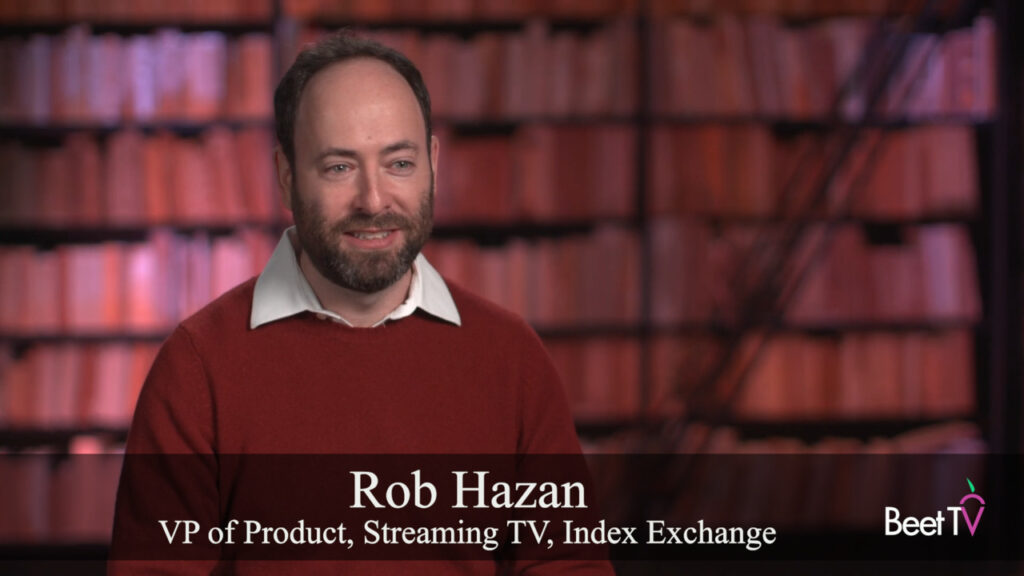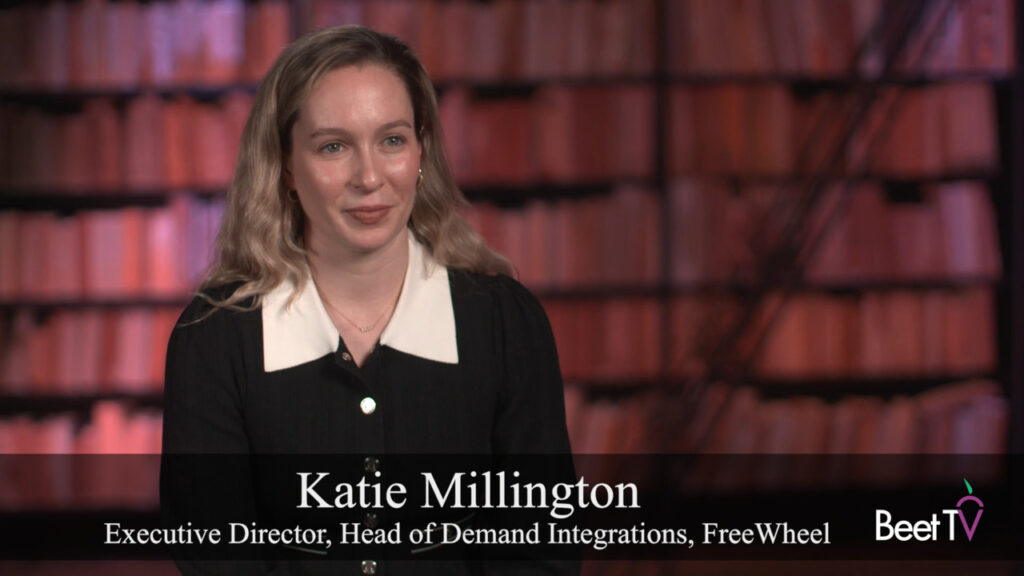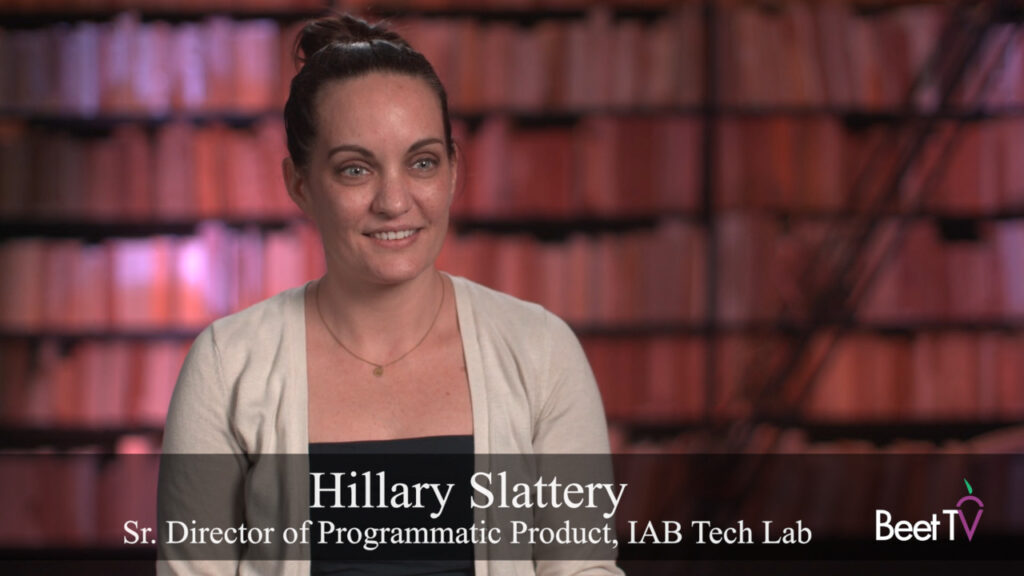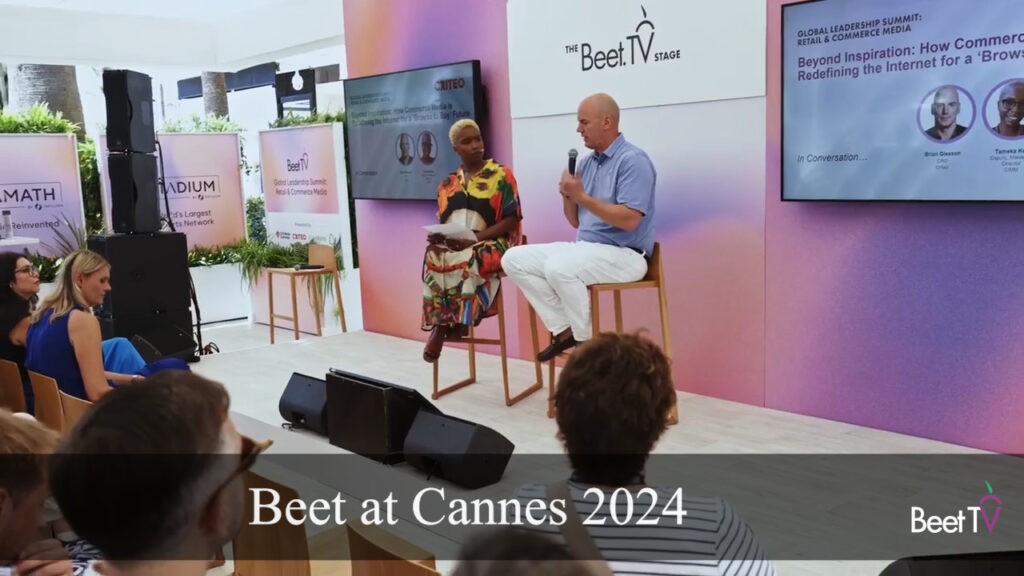Consumers are gaining more control over how their personal information are shared with brands, pushing marketers get the most out of contextual advertising – or placing ads next to content that’s most likely to engage a target audience. Advances in artificial intelligence are helping to strengthen contextual signals amid this shift.
“The evolution of how we go about buying contextually has evolved immensely over the past five, ten years,” Greg Campbell, vice president and group director of precision media at Digitas North America, said in this interview with Lisa Granatstein, editorial director of Beet.TV.
Advertising based on contextual signals has become more sophisticated. Instead of trying to reach consumers who tend to be sports fans by placing ads on a sports network such as ESPN, AI gives media buyers a greater level of granularity.
“The level of sophistication, the power of AI now, as opposed to two years ago, five years ago, is immense,” Campbell said. “As the algorithms or the AI starts to learn more and starts to develop better understanding of the consumer, the ability to reach that consumer in the right place when they’re in the right mindset, is only growing more powerful.”
Looking ahead, Campbell said he sees more opportunities for AI and contextual signals to provide a more holistic view of audiences as they spend time with media outlets such as connected television and digital audio.
“As it starts to make its way into spaces like CTV, like audio that have historically been difficult to put together a sophisticated targeting approach with,” he said, “the hope is that AI helps us better get at that, at those signals that we didn’t have transparency into. That will completely change the way we buy CTV, the way we buy audio moving forward.”
You’re watching “The Power of Context: Driving Attention to Intention in a Privacy-First Era,” a Beet.TV Leadership Series, presented by Seedtag. For more videos from this series, please visit this page.





































